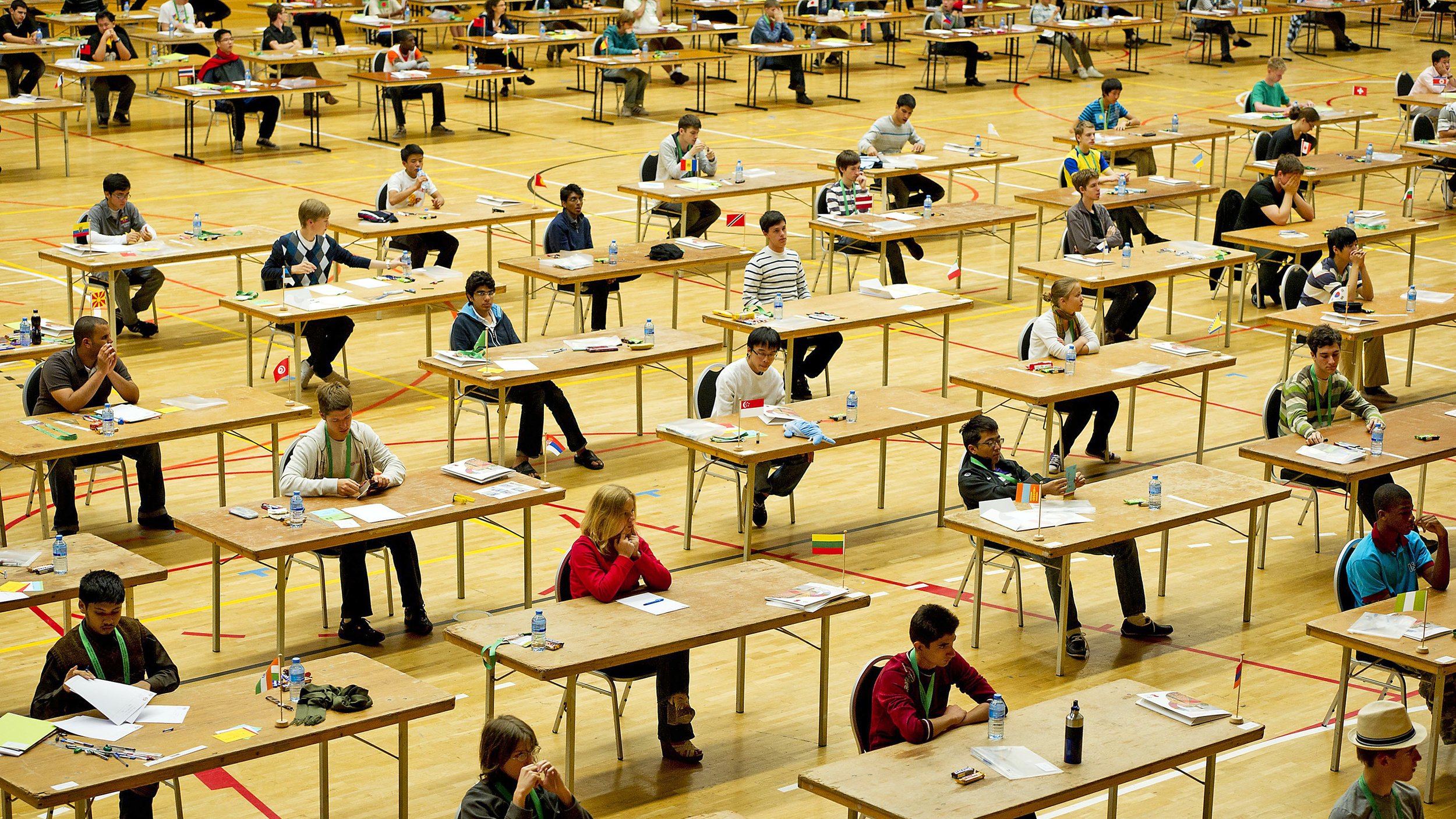
Competition Center
Discover, Prepare, Excel
3. Time Constraints: In a normal school test, there is a fixed time frame for covering a specific set of topics, In math Olympiads, participants are given a longer duration, typically several hours, to solve a smaller number of complex problems. This allows for more in-depth thinking, and exploration of multiple solution paths. IMO – International Math Olympiad – the most prestigious high school math competition ranges across 2 days! Each day you have 4.5 hours to solve 3 problems.
4. Independent Learning: While the school curriculum relies on classroom instruction and textbooks, math Olympiad preparation often involves additional resources, such as specialised problem-solving books, past Olympiad papers, and supplementary materials. Participants are encouraged to explore and learn independently, actively seeking out challenging problems to develop their skills.
What’s the difference?
If you’re an already excelling math student, and now want to participate in math contests and olympiads. You might be wondering what is the exact difference between your common school curriculum math exams and these competitions. Well, MathBridge will explain it to you!
1. Content Coverage: school mathematics typically covers a broad range of mathematical topics, including kinematics, trigonometry, integration… and the exams can be solved with fixed procedures. In contrast, math Olympiads require a deeper understanding of fundamental concepts and always go beyond the standard curriculum. Math olympiads examine you on four and only four main sub-topics: Algebra, Geometry, Combinatorics, and Number theory. Here is a comprehensive document explaining the topics you should know : LINK. (Don’t feel discouraged if you don’t know most of it, Some of the content are too advanced and not test in New Zealand.)
2. Problem Solving: School curriculum emphasises the mastery of mathematical techniques and standard problem-solving methods. The more you practice, the better you perform. However, math Olympiads place a much greater emphasis on creative and unconventional problem-solving approaches. Olympiad problems are non-routine, challenging, and require the application of various concepts and problem-solving strategies. MathBridge Academy’s biggest advice on preparing for Math Olympiads is not mass practicing problems, but to train the different ways of mathematical thinking: Extremal principle, construction, exploiting symmetry…









